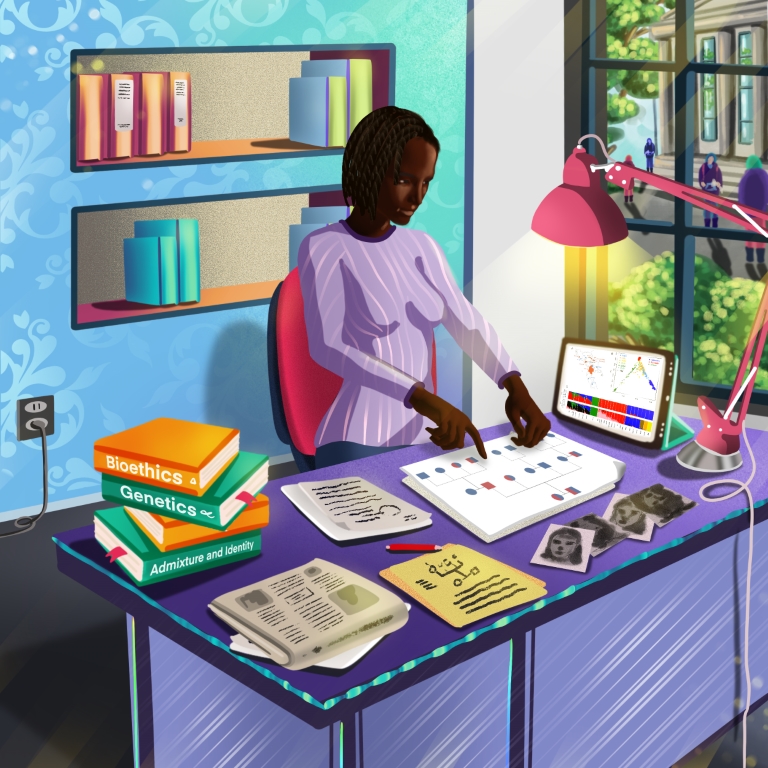OTAN News
Research: Asynchronous Work Can Fuel Creativity
Aruna Ranganthan's article, Research: Asynchronous Work Can Fuel Creativity, published April 17, 2023, in the Harvard Business Review asserts that working asynchronously, or completing work independently, has "tremendous consequences for creativity" in the future.
In contrast, synchronous work "enables workers to stay on the same page as they contribute to a given project, decreasing coordination costs that may already be high when working on creative projects." Most importantly, synchronous collaboration encourages team interaction with a diverse group of individuals. This can lead to new insights which "spur new ideas" in work environments.
However, synchronous ecosystems "ignores variation in the team members' social status." Ranganthan writes, "Studies show that women and people from marginalized communities are given fewer opportunities to speak and are criticized more harshly in synchronous team situations."
To investigate the effect of asynchronous versus synchronous teamwork, the researcher studied the performance of a team in a creative task in India. With a small sampling of 49 women and 50 male singers, the study found women were rated "17% higher when they recorded asynchronously" rather than synchronously with the entire group.
 A group of Bauls in Bengal from EDUIndex.org
A group of Bauls in Bengal from EDUIndex.org
Surprisingly, this research is consistent with other findings on creativity across the globe. Research emphasizes the importance of "safe communication climates." Furthermore, the research substantiates the "best quality of ideas is generated when people can work separately first, and then bring their ideas together." This is especially important for "low-status members of creative teams," like women and marginalized people. Many may feel they cannot take "creative liberties without fear of being unduly criticized or interrupted." Consequently, creativity can be better expressed when working asynchronously.
 Genetics and Bioethics by Anthro Illustrated
Genetics and Bioethics by Anthro Illustrated
Research also indicates that "creativity is not synonymous with innovation," and improving processes within systems requires "deep knowledge of an organization and interaction with other teams and team members." In this case, synchronicity can still be valuable.
The research concludes restructuring some asynchronous tasks is "an effective and largely feasible solution to inequality in creative teams at many organizations." Freedom of creative expression, asynchronously, may work not "only to improve short-term performance, but have a powerful impact on the root causes of workplace inequality." Asynchronicity may amplify underrepresented voices in "creative spaces and can provide a way forward to a more equitable future of work." This research transfers to the classroom and how we determine our collaborative groups and design interaction.
Full Article: Research: Asynchronous Work Can Fuel Creativity

